Hotel Night Audit / End Of Day Process – Hotels | Resorts
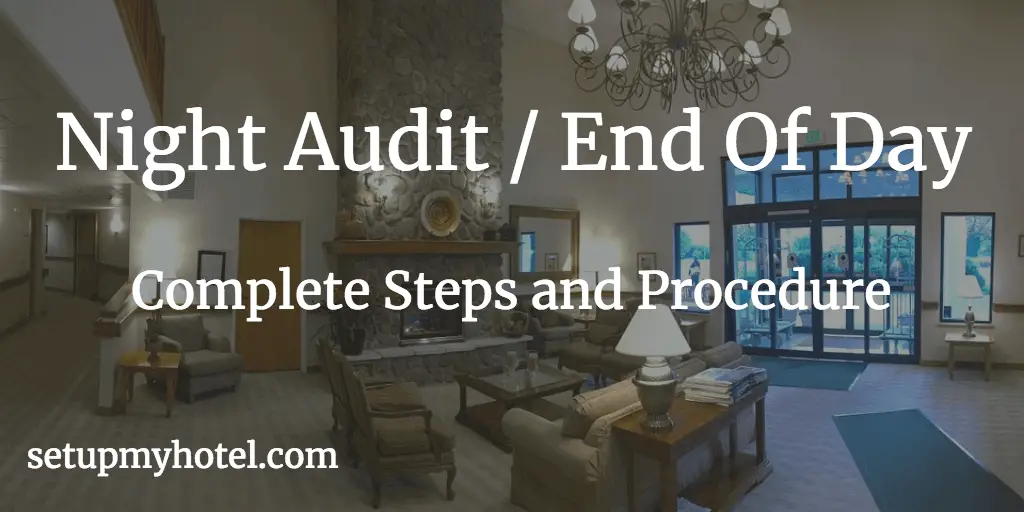
Night Audit / End of Day Process in Hotels The hotel night audit is a crucial process that takes place ...
Read more
How To Block / Allocate Rooms For Expected Arrivals

Tips for Blocking/Allocating rooms for expected arrivals One of the most important aspects of running a successful hotel is ensuring ...
Read more
Advantages Of Pre Registering Guests

Pre-registering guests for Operational Excellence. Pre-registering guests in hotels has several advantages for both the hotel and the guests. Firstly, ...
Read more
Advantages and Disadvantages of Overbooking in Hotels | Resorts

Advantages and Disadvantages of Overbooking in Hotels Overbooking is a situation when the total number of rooms reserved for a ...
Read more
21 Tips For Up-selling Guest Rooms In Hotel Front Office

Tips for Effectively Upselling Guest Rooms at the Front Office Tips For Up-selling Guest Rooms Up-selling is a great way ...
Read more
FO Formula – Average Room Rate (ARR) | Average Daily Rate (ADR) Calculator | Hotels
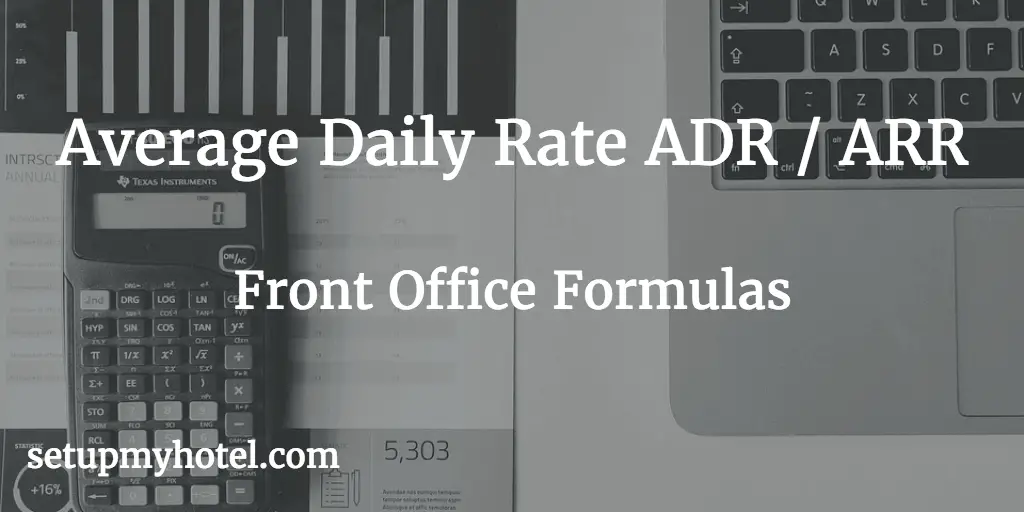
Formula to Calculate Average Room Rate (ARR) | Average Daily Rate (ADR) Calculating the Average Room Rate (ARR) and the ...
Read more
FO Formula – Revenue Per Available Room (RevPAR) | TRevPOR Calculator
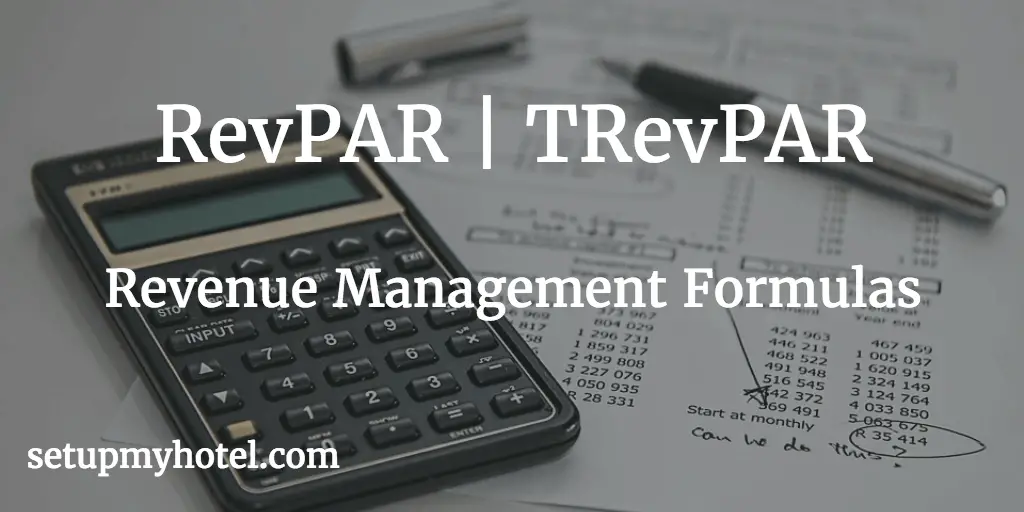
The Formula for calculating Revenue per Available Room (RevPAR) Revenue per Available Room (RevPAR) – RevPAR is one of the ...
Read more
FO Formula – Hotel Occupancy Percentage Calculator

FO Formula – Hotel Occupancy Percentage | Occupancy Ratio Calculation The FO Formula, also known as the Front Office Formula, ...
Read more
FO Formula – Average Rate Per Guest (AGR) Calculator
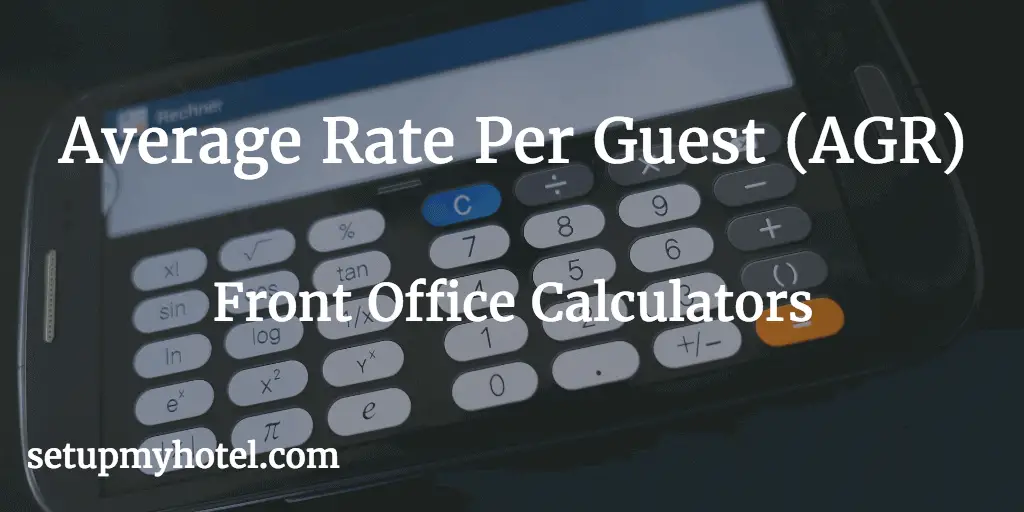
Formula For Average Rate Per Guest (AGR) – AGR Calculator The Average Rate Per Guest (AGR) – Provides the average revenue ...
Read more
FO Formula – (PAR) Potential Average Single Rate & Double Rate Calculator
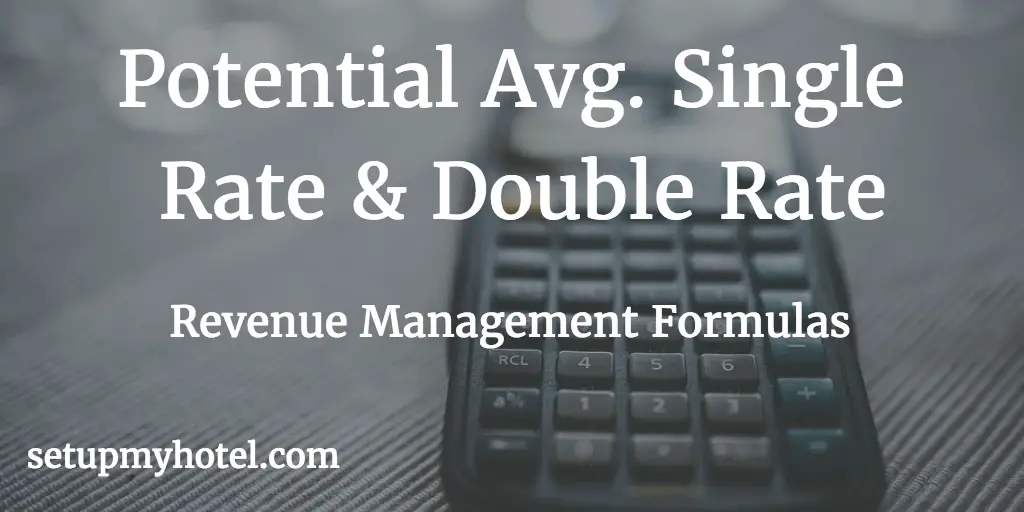
How to Calculate Potential Average Rate Single and Double Rate One of the main computations involved in the front office ...
Read more









